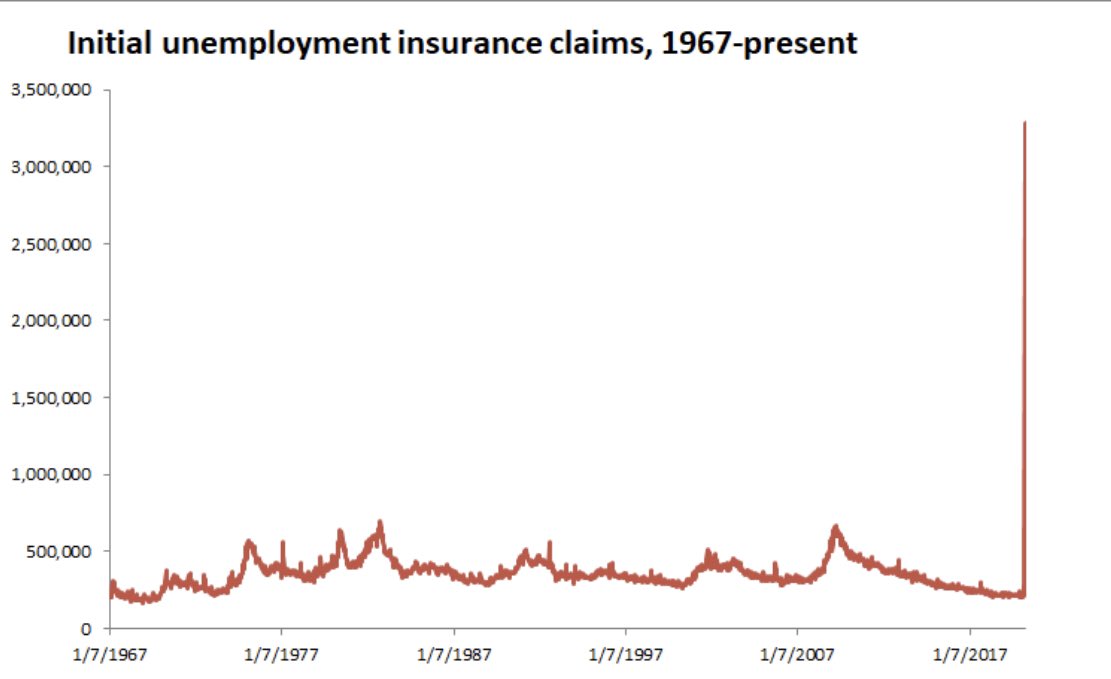Quem conhece este blogue já sabe que há muitos anos escrevo sobre o eficientismo, escrevo sobre o denominador, escrevo sobre aquilo a que chamo a doença ango-saxónica.
Sobre a doença anglo-saxónica recordo, por exemplo:
- "Acerca da doença anglo-saxónica" (Agosto de 2019)
- "A doença anglo-saxónica" (Julho de 2019)
- "o choque com a teimosia anglo-saxónica de continuar a acreditar no século XX: eficiência, volume, escala, custo." (Junho de 2017)
- "Esta ideia da concorrência perfeita tornou-se no modelo mental da gestão anglo-saxónica que permeia e molda o pensamento dos autores da narrativa oficial, aqui e no resto do mundo." (Fevereiro de 2014)
O paradigma desta doença é
Kevin O'Leary.
Sobre o eficientismo recordo, por exemplo:
Não posso listar um décimo dos postais que escrevi sobre estes temas, apenas recordo mais um. O título que se segue lista o vocabulário clássico usado neste blogue acerca do tema: "profecia fácil do "
hollowing", ou "
radioclubização", de como uma marca forte e genuína se transforma numa carcaça, num aristocrata arruinado, fruto de deixarem os
muggles à solta" (
Fevereiro de 2019)
O contrário da doença anglo-saxónica é seguir a via de Mongo. Em "
Acerca do eficientismo", um postal de Dezembro de 2018, relaciono tudo isto, voltando a um postal de Dezembro de 2011, "
Estranhistão ... weirdistão" e a outro de Agosto de 2011 sobre a
sabedoria nabateia.
Por que recordo tudo isto?
Ontem à noite, já deitado, dei uma última vista de olhos pela minha timeline do Twitter e encontrei:
Alguns sublinhados do artigo:
"Efficiency is an unforgiving master. It crushes everything not in service of an immediate bottom line. But if there is a single economic policy lesson to learn from the coronavirus pandemic, it is that the United States’ obsession with efficiency over the past half-century has brutally undermined its capacity to deal with such a catastrophic event.
.
Efficiency requires us to force out duplication and redundancy, increase specialization and more seamlessly connect things together. Resilience, on the other hand, enables us to adapt to changes in our environment. Efficiency and resilience are opposing forces in our economy, and the pandemic has shown us the high price we are paying for the modern focus on efficiency at the expense of resilience"
Como não recuar ao meu mágico
Verão de 2008, mágico porque aprendi tanta coisa que influenciou o meu trabalho até hoje:
Quanto mais pura é uma estratégia, maior rentabilidade se pode obter, mas também maior o risco, e menor a flexibilidade, e maior a taxa de mortalidade se o mundo mudar rapidamente. Daí a importância de uma floresta de estratégias diversificadas a que chamo Mongo, um mundo de
inúmeros picos na paisagem competitiva enrugada:
Daí o meu fascínio por um artigo de 2007 que citei pela primerira vez aqui em "
O Grande Planeador, o Grande Geómetra, já era!":
"Life is the most resilient thing on the planet. It has survived meteor showers, seismic upheavals, and radical climate shifts. And yet it does not plan, it does not forecast, and, except when manifested in human beings, it possesses no foresight. So what is the essential thing that life teaches us about resilience?
Just this: Variety matters. Genetic variety, within and across species, is nature's insurance policy against the unexpected. A high degree of biological diversity ensures that no matter what particular future unfolds, there will be at least some organisms that are well-suited to the new circumstances."
Cuidado com os arautos de um novo socialismo, cuidado com os defensores de um governo mundial: o
CyberSyn só nos trará a venezuelização como destino final.
Voltando ao artigo de Roger Martin:
"Third, by spreading so quickly, this pandemic has already illustrated the downside of our seamlessness in travel and trade. Early on in this pandemic, complete travel bans were seen as overly disruptive and draconian. For the future, we need to accept that the timely imposition of travel restrictions, within and across countries, is a powerful and necessary weapon, and adjust our travel expectations accordingly.
.
All these measures would introduce productive friction into a system that has been developed over 50 years to be as ruthlessly efficient as possible. As this pandemic has shown us, we need to value other qualities such as redundancy and buffers, if we are to tackle the next catastrophic event."
Daqui ressalta a importância da
proximidade, outro tema desenvolvido ao longo dos anos aqui no blogue. Daqui ressalta a importância que a União Europeia como espaço económico comum representa para este pais socialista, pobre (sim, eu sei é uma redundância), envelhecido e dominado por instituições extractivas.
Basta olhar para esta tabela, retirada do dossiê sobre Portugal no
World Footwear Yearbook Snapshot 2017
Qual o preço médio de um par de sapatos exportado de Portugal? 26,09 USD
Qual o preço médio de um par de sapatos importado para Portugal? 11,69 USD
Mais uma vez, cuidado com os "bicicletas" deste mundo, autênticos Sarumans nas suas torres de marfim, sem noção do que é a realidade da vida micro-económica, mas sempre dispostos a agir como governantes iluminados que sabem melhor do que nós próprios o que é melhor para nós. Convido à leitura desta série de
quatro postais de Outubro de 2015 que ilustram factualmente a ignorância dessa gente.
Como diz o grande Nassim Taleb: Intelectuals Yet Idiots.
Portanto, cuidado com pedintes que ameaçam sair da União Europeia se não lhes derem o dinheiro para continuar o deboche que nos tem trazido até aqui, um país político que gasta tanto tempo e energia a discutir como distribuir a riqueza e não se preocupa em como facilitar a sua criação .

















